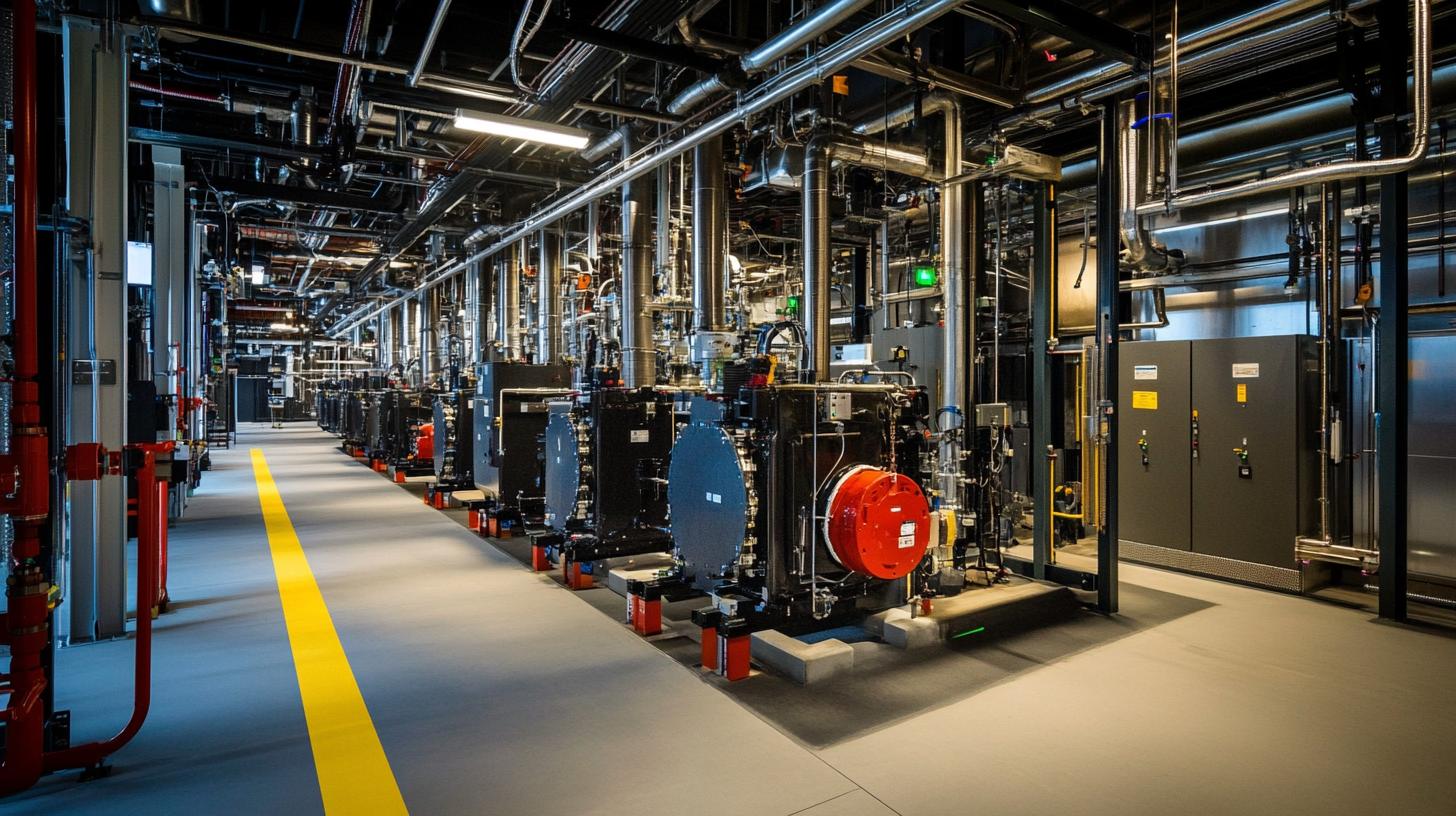In a groundbreaking development for the city of Bradford, Chancellor Rachel Reeves has confirmed funding for what will become the UK’s largest hydrogen production facility. At the heart of this initiative is the transformation of a historic gas storage site into a beacon of green energy innovation.
This project is more than just an engineering feat; it’s a strategic revival of the Birkshall site’s storied legacy. Once bustling with three towering gas holders supplying homes and businesses, the site will now pivot towards a sustainable future. With a production capacity of 12.5 tonnes of hydrogen daily, this initiative aims to revolutionize public transport, equating to the impact of taking 800 diesel buses off West Yorkshire roads each day.
The venture is a collaboration between N-Gen and Hygen, with crucial backing from Bradford Council. Collectively, they herald this project as a crucial step in meeting Bradford’s ambitious climate goals while also injecting substantial economic activity into the region with the creation of up to 125 new jobs.
Hydrogen’s potential to decarbonize various sectors, from heavy transport to industrial processes, reinforces its vital role in the UK’s green agenda. The promise of a cleaner, more sustainable energy source also ensures the Birkshall site remains a central hub for the community for years to come.
City leaders and company executives express their eagerness to see the project’s positive outcomes unfold, transforming Bradford into a leading model for sustainable urban regeneration and energy transformation.
The Hydrogen Revolution: A New Chapter for Global Energy Dynamics
The recent announcement of the UK’s largest hydrogen production facility in Bradford is sparking intense conversation worldwide, raising the question: could this usher in a new era of energy independence and environmental health for other countries as well?
The Global Implications of Hydrogen Energy
With Bradford paving the way, many countries are evaluating their own energy strategies. The ability to generate hydrogen locally not only reduces reliance on fossil fuels but also enhances national energy security. This shift can mitigate geopolitical risks associated with oil and gas imports, making countries less vulnerable to global market fluctuations.
Community Transformation Through Green Energy
For communities, the implementation of hydrogen infrastructure presents both challenges and opportunities. One fascinating aspect is the potential for significant economic development. With Bradford already promising up to 125 new jobs, communities could witness revitalization through new career paths in engineering, maintenance, and technology. The skills required for this green economy indicate a reshaping of the workforce, emphasizing STEM education and vocational training for renewable energy sectors.
Interesting Facts About Hydrogen
Did you know that hydrogen is the most abundant chemical substance in the universe? Yet, producing “green” hydrogen refers specifically to the electrolysis of water using renewable energy sources like solar or wind, making it emission-free. This clean production method sets it apart from “gray” or “blue” hydrogen, derived from fossil fuels.
Are There Controversies?
Yes, the hydrogen debate does have its controversies. Critics often point out the high energy consumption required for electrolysis and the current costliness compared to traditional fossil fuels. This raises the question of feasibility: Can technology and economies scale quickly enough to lower costs? How will governments balance these costs against climate mandates?
Linking to Global Efforts
Countries like Japan and Germany have long been at the forefront of hydrogen technology, investing heavily in research and infrastructure. This international focus prompts collaboration opportunities, promising knowledge exchange and shared advancements in technology and regulatory frameworks.
For additional insights and initiatives globally, explore International Energy Agency for authoritative energy research and United Nations for global environmental efforts.
The Road Ahead
How will countries adapt to this wave of hydrogen technology? Will it be a catalyst for widespread renewable practices, or will traditional energy sources still dominate? As nations observe the developments in Bradford, they’re presented with a blueprint that could redefine the landscape of global energy.














